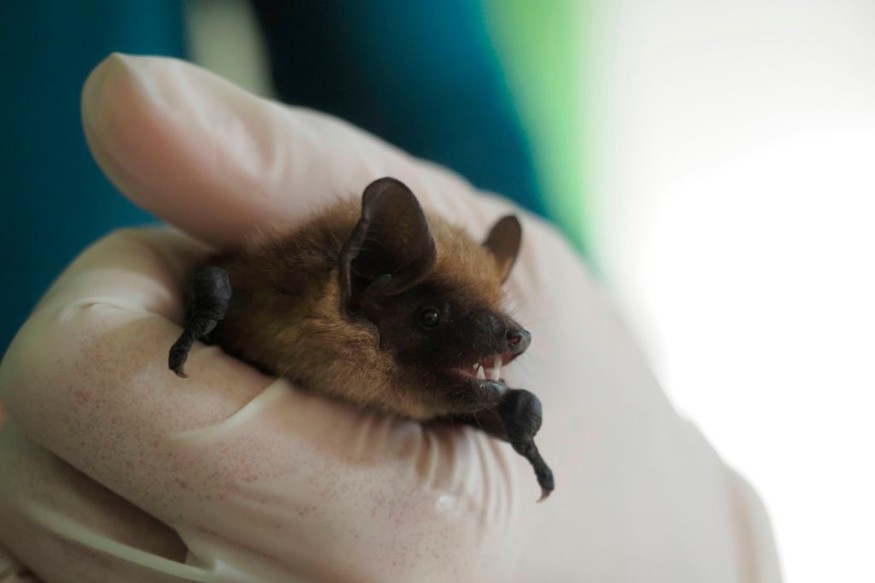
Scientists have discovered that bats have the capacity to alter the genes linked to cancer in a new study on the treatment of aging and diseases.
Battling Cancer with Bats
According to a recent study that looks into bats' extraordinary immune systems, despite the fact that they now have a terrible reputation, they might be able to help treat cancer and even save lives.
New York-based researchers believe that by comprehending the amazing capacity of these avian hosts to host and survive infections, they will be better able to cure and prevent cancer in people.
Despite having extended lifespans (between 20 and 41 years), bats seldom develop cancer, and some species have over 50 distinct genes that may protect them from cancers.
Six DNA repair-related proteins and 46 cancer-related proteins in bats were revealed to have genetic adaptations by scientists at Cold Spring Harbor Laboratory in Long Island, indicating that these proteins have previously been shown to suppress cancer.
Armin Scheben, the study's principal author, explined that by creating these new bat genomes while contrasting them to those of other mammals, remarkable new antiviral and anticancer adaptations are being discovered. These studies represent the initial step in transforming research on the special biology of bats into knowledge pertinent to comprehending and treating human aging and diseases, such as cancer.
Notably, the study discovered that the changed cancer-related genes were more abundant in the bat group than in other animals by a factor of more than two.
Immune System That Tolerates Viral Infections
According to previous studies, bats are unique among mammals since they can fly and have long lifespans, low cancer rates, and strong immune systems. The frequently vilified species is also believed to have contributed to the genesis of COVID-19.
Bats' capacity to endure such viral infections may be due to peculiar characteristics of their natural immune system.
The medical community needs more research to better grasp how the bat's immune system actually functions, according to researchers. Researchers claimed that by understanding what enables the species to withstand lethal viral infections, they may be better equipped to stop illness outbreaks from spreading from animals to people.
Researchers believe that when studies of bats alongside other organisms complement studies using mouse models, comparative gene analysis of bats and mammals may eventually reveal new knowledge on the etiology of cancer and the connections between cancer and immunity.
Although mice are more receptive to experimental manipulation than bats, they exhibit fewer traits with potential implications for human disease, suggesting that bats may actually hold the key to tackling the treatment of aging and diseases.
Bats (Chiroptera)
With approximately 60 million years of biological evolution for this ability, bats are the only order of mammals with the capacity for powered flight. Only rodents make up more than 1,400 species of bats, which make up more than 20% of all mammalian species and are distributed all over the world besides the poles.
Bats are crucial for pollination a wide range of plants, controlling insects, and reforestation of deforested areas. Despite these beneficial functions, bats are mostly viewed as a public health risk because they are major transmitters of harmful and even some zoonotic viruses.
Related Article : Little Brown Bat in Pennsylvania Now Endangered as 90% Population Succumbs to White-Nose Syndrome
© 2025 NatureWorldNews.com All rights reserved. Do not reproduce without permission.





